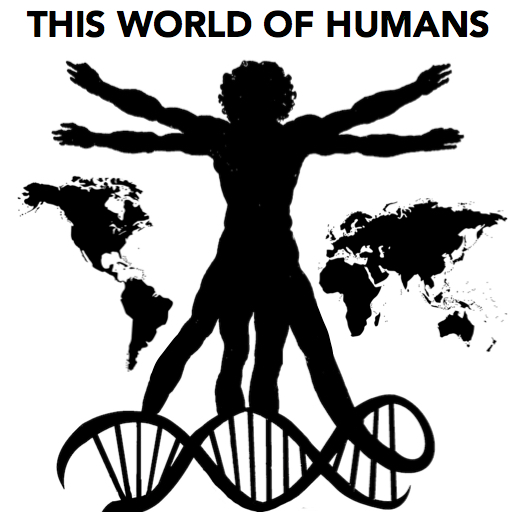
This World of Humans is a science podcast dedicated to recent advances in biology and social science. TWOH is a collaboration with Visionlearning and includes resources to aid science instructors in using this podcast and its featured science in their classrooms. Here we ask the fundamental question, “Why are we the way we are?”
Subscribe
| iTunes | SoundCloud | RSS Feed |
Register for Teacher Resources including the answer key for the activity as well as access to the article if behind a paywall. Teacher verifiable email required.
-
In this episode of TWOH, we explore some recent research on the dreaded triple-negative breast cancer. In her research laboratory at Hunter College, Dr. Jill Bargonetti uses mouse models to study breast cancer and in this episode, she discuss some of her recent research on how triple-negative breast cancer cells spread through the body. Metastasis – the spreading of cancer cells beyond their initial site of origin – is a milestone event marking a cancer diagnosis as advanced and usually very serious. Dr. Bargonetti helps break down her recent work.
- Listen to MP3
- Guest: Dr. Jill Bargonetti from the Hunter College
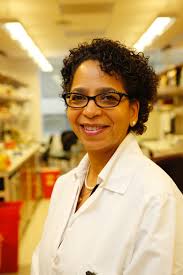
- Click here to access article.
- Click here to download the associated classroom activity for this episode.
- Click here for teacher resources associated with this episode.
-
This is a unique episode of TWOH. Instead of speaking with a scientist about a recent paper or study, we will explore a tool that anyone - students and researchers alike - can use to explore research in the field of evolutionary psychology. The tool is called PsychTable and it is designed to foster a collaborative space where psychologists and other scientists can work together to gather, organize, propagate, and critique research related to evolutionary psychology. Joining us on this episode are the two co-creators of PsychTable, Mr. Niruban Balachandran and Dr. Daniel Glass.
- Listen to MP3
- Guest: Niruban Balachandran of the World Bank, and Dr. Daniel Glass of The Southfield Center for Development
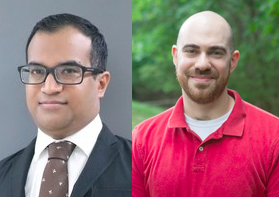
- Click here to access article.
- If you find it worthy, there are many ways you can support PsychTable.
- Coming soon: Classroom Teaching Guide for PsychTable
-
In this episode of TWOH, we explore the unique role the hippos play in the ecology of rivers in Africa. These giant semiaquatic animals are vegetarians and move enormous amounts of organic nutrients from the dry land, where they eat, to the river systems, where they rest and, well, defecate. This has a big impact on the ecology of the rivers. As river flow is reduced due to human needs, that effect is amplified and is leading to a waste disposal problem of sorts. Joining us to discuss his new research on hippos is Dr. Keenan Stears from the University of California at Santa Barbara.
- Listen to MP3
- Guest: Dr. Keenan Stears from the University of California at Santa Barbara
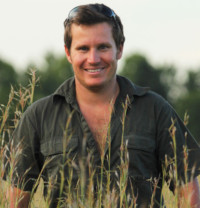
- Click here to access article.
- Click here to download the associated classroom activity for this episode.
- Click here for teacher resources associated with this episode.
-
In this episode of TWOH, we flip the tables. Professor Nathan H. Lents, usually the host of TWOH, is interviewed by Sam Anderson about his new book, Human Errors: A Panorama of our Glitches, from Pointless Bones to Broken Genes. The book is a tour through the quirks, glitches, and imperfections throughout the human body and mind and the interesting things that they reveal about our evolutionary past.
- Listen to MP3
- Guest: Dr. Nathan H. Lents from the City College of New York
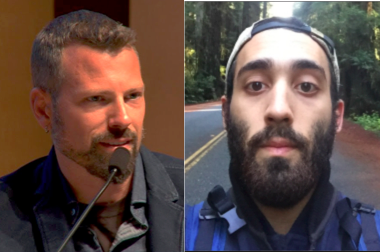
- Click here for more information about the book Human Errors.
- Coming Soon: Classroom activities to accompany the book.
-
This episode of TWOH explores the incredibly complicated research on taurine, the amino acid supplement commonly found in energy drinks. Dr. Kaliris Salas-Ramirez explores the many affects of taurine on the central nervous system of rodents and has made surprising discoveries when it comes to addiction, memory, and other cognitive functions. The effects of taurine appear to be widely different effects based on age, sex, and interaction with other drugs. The theme of this fascinating episode is: It's complicated.
- Listen to MP3
- Guest: Dr. Kaliris Salas-Ramirez from the City College of New York

- Click here to access article.
- Click here to download the associated classroom activity for this episode.
- Click here for teacher resources associated with this episode.
-
This episode of TWOH explores the issue of romantic and sexual attraction, an important field of study within psychology. Joining us is Dr. Daniel Conroy-Beam from the University of California at Santa Barbara who is the author of a new study in this field. Dr. Conroy-Beam has developed a new computational method for understanding how the various components of attraction combine in the human brain to a single feeling of attraction.
- Listen to MP3
- Guest: Dr. Daniel Conroy-Beak from the University of California at Santa Barbara
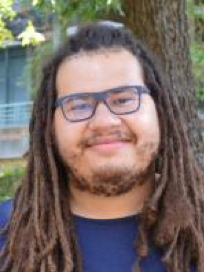
- Click here to access article.
- Click here to download the associated classroom activity for this episode.
- Click here for teacher resources associated with this episode.
-
This episode of TWOH explores the relationship between LGBT-targeted hate crimes in a given neighborhood and suicide among LGBT adolescents in that same neighborhood. Joining us is Dr. Dustin Duncan, a spatial epidemiologist from New York University, who explains the science of how this kind of public health research is carried out. Dr. Duncan and his colleagues hypothesized that high prevalence of hate crimes directed at the LGBT population would cause an increase in suicide attempts and suicidal ideation and then conducted a groundbreaking study in Boston, MA that confirmed that hypothesis.
- Listen to MP3
- Guest: Dr. Dustin Duncan from New York University School of Medicine
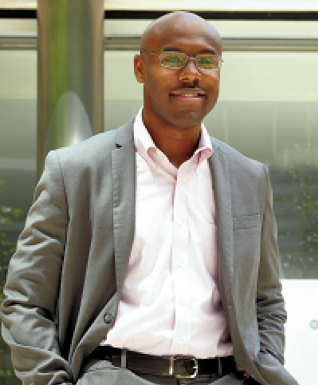
- Click here to access article.
- Click here to download the associated classroom activity for this episode.
- Click here for teacher resources associated with this episode.
-
This episode of TWOH focuses on when, how, and why children tell lies. We all begin life as perfectly honest little babies, but as our brains develop more complexity, we discover that we don't always have to tell the truth. Our guest is Dr. Angela Crossman, chair of the Psychology Department at John Jay College and a developmental psychologist who focused on truthfulness in children. While she often focuses specifically on how to best prepare children for honest eyewitness testimony in court, she also studies lying and truthfulness more generally. Her research group recently published an article that looks at lying and its connection to other problem behaviors as well as how different parenting styles do and don't correlate with lie-telling and that's what we discuss in this episode.
- Listen to MP3
- Guest: Dr. Angela Crossman from John Jay College

- Click here to access article.
- Click here to download the associated classroom activity for this episode.
- Click here for teacher resources associated with this episode.
-
This episode of TWOH discusses a new technique designed to detect spots in our genome that have been under recent natural selection. The human lineage and the chimpanzee lineage split around 7 million years ago and, during that time, we have accumulated very few genetic differences despite our very big physical and mental differences. Therefore, discovering and exploring the few genetic differences between humans and chimpanzees is key to understanding what makes us human. Helping us make sense of this complicated work is one of the authors of the study, Dr. Michael C. Campbell from Howard University.
- Listen to MP3
- Guest: Dr. Michael Campbell from Howard University
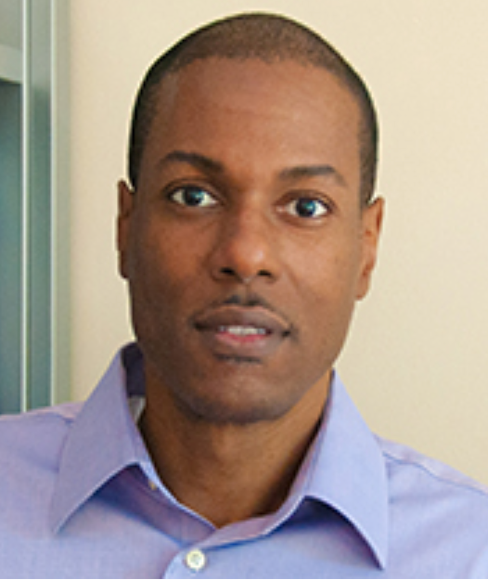
- Click here access the article.
- Click here to download the associated classroom activity for this episode.
- Click here for teacher resources associated with this episode.
-
This episode features a recent meta-study combining the results of many similar studies analyzing the effect of immigration on crime rates. Joining us are Dr. Charis Kubrin from the University of California at Irvine and Dr. Daniel Stageman from John Jay College (CUNY).
- Listen to MP3
- Guest: : Professor Charis Kubrin from the University of California at Irvine; Dr. Daniel Stageman from John Jay College.
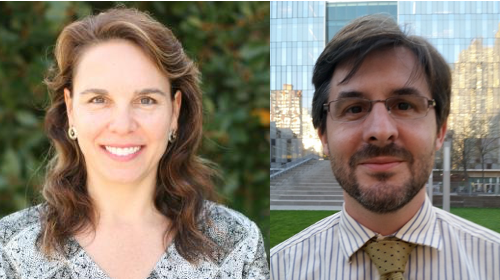
- Click here to access the original article featured on this episode.
- Click here to download the associated classroom activity for this episode.
- Click here for teacher resources associated with this episode.
-
This episode features a new study examining the value of social relationships in Rhesus monkeys as they age. This work was published by a group of animal behavior scientists including Dr. Angelina Ruiz-Lambides from the University of Puerto Rico and Dr. Lauren Brent from the University of Exeter. This research took place at the Caribbean Primate Research Center on Cayo Santiago, off the coast of Puerto Rico. Since this interviewed was recorded, the CPRC, like the rest of Puerto Rico, suffered devastating damage and is now struggling to rebuild. Please help if you can.
- Listen to MP3
- Guest: Dr. Angelina Ruiz-Lambides (L) from the University of Puerto Rico and Lauren Brent from the University of Exeter
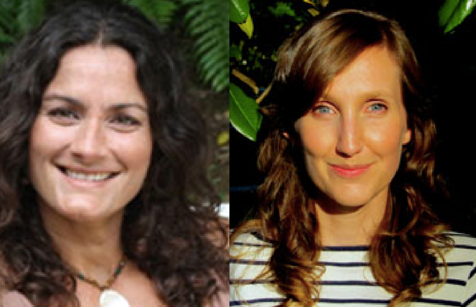
- Click here to access the original article featured on this episode.
- Click here to download the associated classroom activity for this episode.
- Click here for teacher resources associated with this episode.
- The research site that is featured in this episode was recently devastated by Hurricane Maria. Please consider donating to the rebuilding efforts, which you can do here.
-
This episode features a recent study showing that air pollution from automobiles can cause shortening of telomeres, the extreme ends of chromosomes, in children and adolescents. This work was published by Professor John Balmes from the University of California at San Francisco and was conducted on children and adolescents in Fresno, California.
- Listen to MP3
- Guest: Professor John Balmes from the University of California at San Francisco.
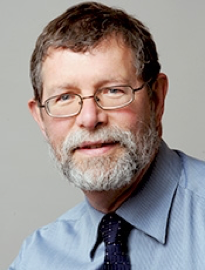
- Click here to access the original article featured on this episode.
- Click here to download the associated classroom activity for this episode.
- Click here for teacher resources associated with this episode.
-
This episode features a recent study linking the working conditions of low-wage healthcare workers and the health outcomes of their patients. TWOH host Nathan Lents interviews one of the main authors of this study, Dr. Grace Sembajwe of the CUNY School of Public Health. Professor Sembajwe explains why providing family-supportive and flexible policies for healthcare workers actually improves health outcomes for the patients they serve.
- Listen to MP3
- Guest: Professor Grace Sembajwe from the CUNY School of Public Health, one of the authors of the study.
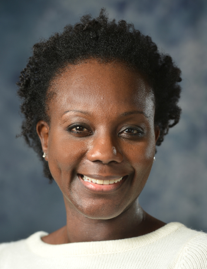
- Click here to access the original article featured on this episode.
- Click here to download the associated classroom activity for this episode.
- Click here for teacher resources associated with this episode.
-
This episode features a new study estimating that at least 75% of our DNA has no function at all.
- Listen to MP3
- Guest: Professor Dan Graur from the University of Houston, one of the authors of the study.
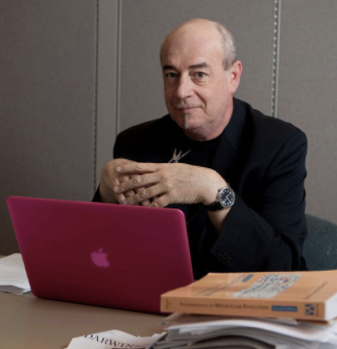
- Click here to access the original article featured on this episode.
- Click here to download the associated classroom activity for this episode.
- Click here for teacher resources associated with this episode.
Funding for these pilot episodes of This World of Humans was provided by John Jay College Office for the Advancement of Research, The CUNY Office of Research, and Visionlearning.